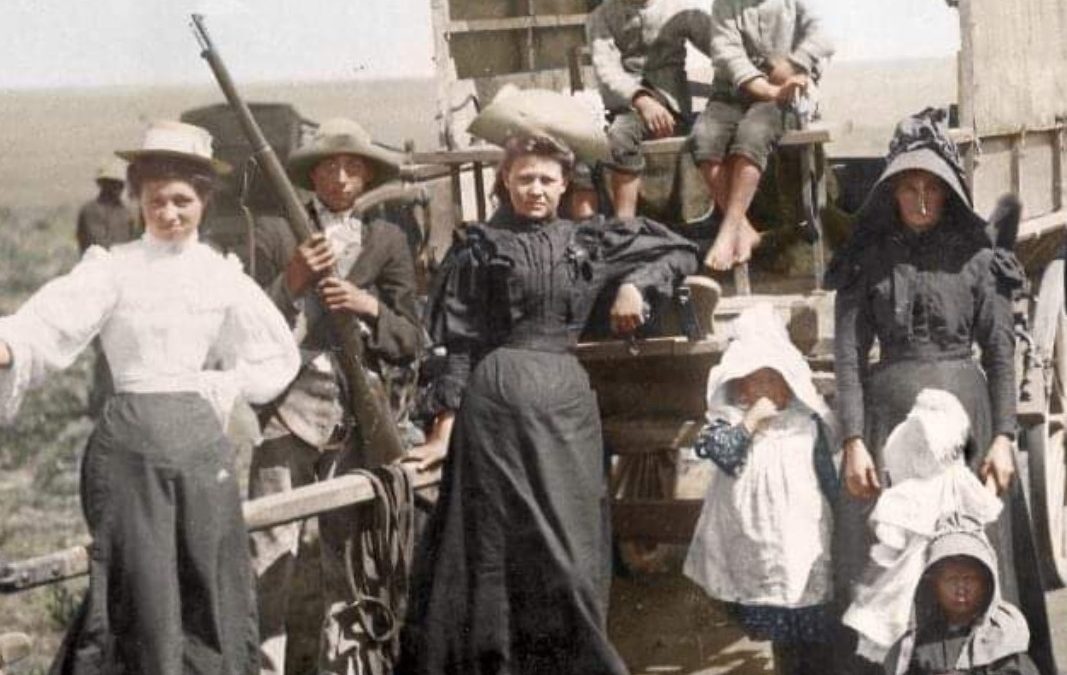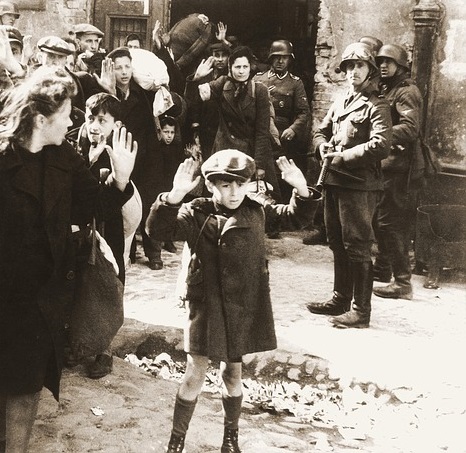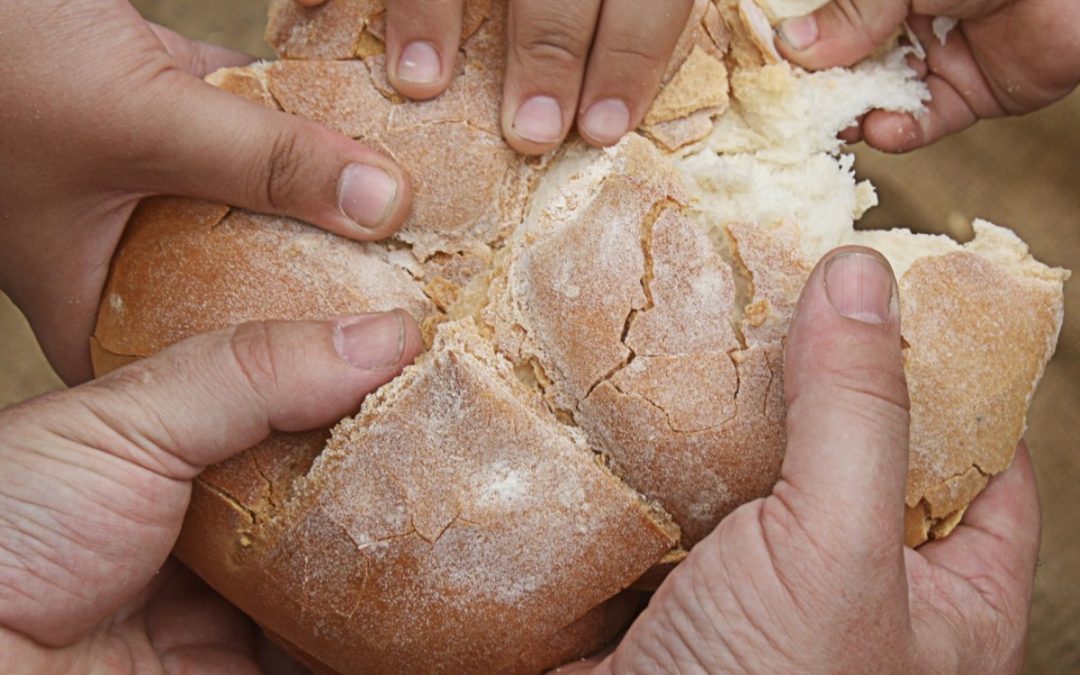
by Richard Subber | Nov 8, 2019 | Book reviews, Books
the characters walk and talk, but…
Book review:
The Blithedale Romance
by Nathaniel Hawthorne (1804-1864)
Cambridge, MA: The Riverside Press, 1883
The Blithedale Romance is Hawthorne’s third novel, an exemplar of Romantic Era fiction that has been called his “darkest” novel. It’s respected by modern critics.
It’s not a page turner. Hawthorne has what it takes to make sure that the characters are independently brought to life, but their relationships are not credible. Even a diligent and interested reader can feel that the love of Zenobia and Priscilla for Hollingsworth is downright mysterious and despairingly inarticulate. They love him, in two marvelously different styles, but Hawthorne never gets around to really decently explaining why they love him.
The other principal characters—Miles Coverdale (a somewhat autobiographical avatar of Hawthorne himself), Old Moodie, and Westervelt—are satisfactorily developed. Nevertheless, the plotlines are mechanical and chronological rather than explanatory.
In The Blithedale Romance, the characters walk and talk, and they interact with each other, but credible understanding of their relationships never really blooms.
* * * * * *
Book review. Copyright © Richard Carl Subber 2019 All rights reserved.
Book review: Lafayette by Harlow Unger
He was a great man. Also rich and lucky.
–
Writing Rainbows: Poems for Grown-Ups with 59 free verse and haiku poems,
and the rest of my poetry books are for sale on Amazon (paperback and Kindle)
and free in Kindle Unlimited, search Amazon for “Richard Carl Subber”
* * * * * *

by Richard Subber | Oct 31, 2019 | Book reviews, Books, History, World history
…a painful growth to womanhood…
Book review:
The Lost History of Stars
by Dave Boling (b1951)
Chapel Hill, NC: Algonquin Books of Chapel Hill, 2017
340 pages
This is a delicate story about sturdy people who try to preserve loving relationships in a brutal war.
It is an emotionally rasping challenge to read so much reserved conversation about the monstrous incivilities, tribulations, and hardships of Dutch farmers and their families who opposed the British Tommies during the Boer War (1899-1902) in South Africa.
Lettie, the 14-year-old oldest daughter on the Venter family homestead, cannot avoid her painful growth to womanhood. Against the agonizing deprivations and losses caused by the war, she matches her innocent courage and her freshening longing for love.
Bina is a young African woman who teaches Lettie that “deeds live.”
In time Lettie learns that deeds live in hearts, and that hearts can be broken, and that lives can be remade with loved ones who survive.
(Image courtesy of Boer War Colourised Photographs on Wikimedia)
* * * * * *
Book review. Copyright © Richard Carl Subber 2019 All rights reserved.
Book review: Seven Gothic Tales
by Isak Dinesen,
such lush and memorable stories…
–
Above all: Poems of dawn and more with 73 free verse poems,
and the rest of my poetry books are for sale on Amazon (paperback and Kindle)
and free in Kindle Unlimited, search Amazon for “Richard Carl Subber”
* * * * * *

by Richard Subber | Oct 10, 2019 | Book reviews, Books, History, Human Nature, World history
…all too believable,
all too horrific…
A friendship corrupted by Nazi hatred before WWII—
two friends who couldn’t understand how to avoid mutual self-destruction.
Book review:
Address Unknown
by Kathrine Kressmann Taylor (1903-1996)
Washington Square Press, New York, copyright 1938, published 2001
Read Address Unknown in one sitting. You can do it.
This is a tiny work that delivers gut punches on every other page. Repeatedly, it seems to be gratuitously dramatic and somewhat contrived, except that it’s all too believable and all too horrific.
It’s hard to discuss Address Unknown without including spoiler information, but I’m going to try because I think you should want to take a short time out of your busy day to read this through at one sitting and let the experience overwhelm you.
In 1932-34, Max Eisenstein, a Jew in New York, corresponds with his non-Jewish friend, Martin Schulse, in Germany. They have a joint business interest: a New York art gallery. Ominously, Hitler is setting the stage to become Chancellor of Germany in 1933.
Max and Martin habitually exchange letters. Their correspondence is swiftly transformed from business matters and the chatter of friends, to awkwardly ingenuous, increasingly corrosive, and bitterly destructive words that betray Martin’s fatal embrace of the newly politicized Aryan culture.
Max and Martin cease to be friends. The terrible consequence of their estrangement is no surprise, but not less terrible because we can so easily grasp its nature and implications.
Kathrine Taylor relentlessly tells the story. The reader is left to wonder about the dreadful imperatives of the kind of human behavior that cannot avoid self-destruction.
* * * * * *
Book review. Copyright © Richard Carl Subber 2019 All rights reserved.
You’re down to just one piece of bread…
…would you share it with anybody?
Book review:
Tribe: On Homecoming and Belonging
by Sebastian Junger
click here
–
Writing Rainbows: Poems for Grown-Ups with 59 free verse and haiku poems,
and the rest of my poetry books are for sale on Amazon (paperback and Kindle)
and free in Kindle Unlimited, search Amazon for “Richard Carl Subber”
* * * * * *

by Richard Subber | Sep 4, 2019 | Book reviews, Books, History, World history
…the supermen were underground…
Book review:
Mila 18
by Leon Uris (1924-2003)
American writer, World War II veteran
Garden City, NY: Doubleday & Company, Inc., 1961
442 pages
Whatever you think you know about the Warsaw ghetto uprising in 1943, you’ll know more after you read Mila 18.
Leon Uris wrote a historically detailed work of realistic fiction that will fill you with gagging horror, and with endless respect for the brave Jewish fighters who kept the Nazi killing machine at bay for a month in 1943.
About 13,000 Jews died in the burning buildings, in the bunkers, and in the sewers inside the ghetto.
Their main resistance command post was in an underground bunker located at ulica Miła 18.
It’s an almost inconceivable irony that the Polish street address can be translated as “18 Pleasant Street.”
* * * * * *
Book review. Copyright © Richard Carl Subber 2019 All rights reserved.
Book review: The Bartender’s Tale
Ivan Doig’s story, I mostly loved it…
–
Writing Rainbows: Poems for Grown-Ups with 59 free verse and haiku poems,
and the rest of my poetry books are for sale on Amazon (paperback and Kindle)
and free in Kindle Unlimited, search Amazon for “Richard Carl Subber”
* * * * * *

by Richard Subber | Aug 30, 2019 | Book reviews, Books, Human Nature, Tidbits
Think about your own well-being…
Here’s one for your reading list
Tribe: On Homecoming
and Belonging
by Sebastian Junger
In his Introduction, Junger says:
“Robert Frost famously wrote that home is the place where, when you have to go there, they have to take you in. The word ‘tribe’ is far harder to define, but a start might be the people you feel compelled to share the last of your food with…
Tribe is about why [treating someone like a member of your tribe] is such a rare and precious thing in modern society, and how the lack of it has affected us all. It’s about what we can learn from tribal societies about loyalty and belonging and the eternal human quest for meaning.”
It doesn’t take him too long to get right to the point, quoting from a 2012 journal article:
“The economic and marketing forces of modern society have engineered an environment…that maximize[s] consumption at the long-term cost of well-being. In effect, humans have dragged a body with a long hominid history into an overfed, malnourished, sedentary, sunlight-deficient, sleep-deprived, competitive, inequitable, and socially-isolating environment with dire consequences.”
Here’s the thing: if you read that last sentence without saying some of the words right out loud, maybe twice, with feeling and with some awareness of despair, well, maybe you should grab the CliffsNotes version and save yourself some time.
Sebastian Junger, Tribe: On Homecoming and Belonging, New York: Twelve/Hachette Book Group, 2016, xvi-xvii, 23.
* * * * * *
Book review. Copyright © Richard Carl Subber 2017 All rights reserved.
–
Book review: Lord of the Flies
Never more relevant…
by William Golding
–
My first name was rain: A dreamery of poems with 53 free verse and haiku poems,
and the rest of my poetry books are for sale on Amazon (paperback and Kindle)
and free in Kindle Unlimited, search Amazon for “Richard Carl Subber”
* * * * * *



